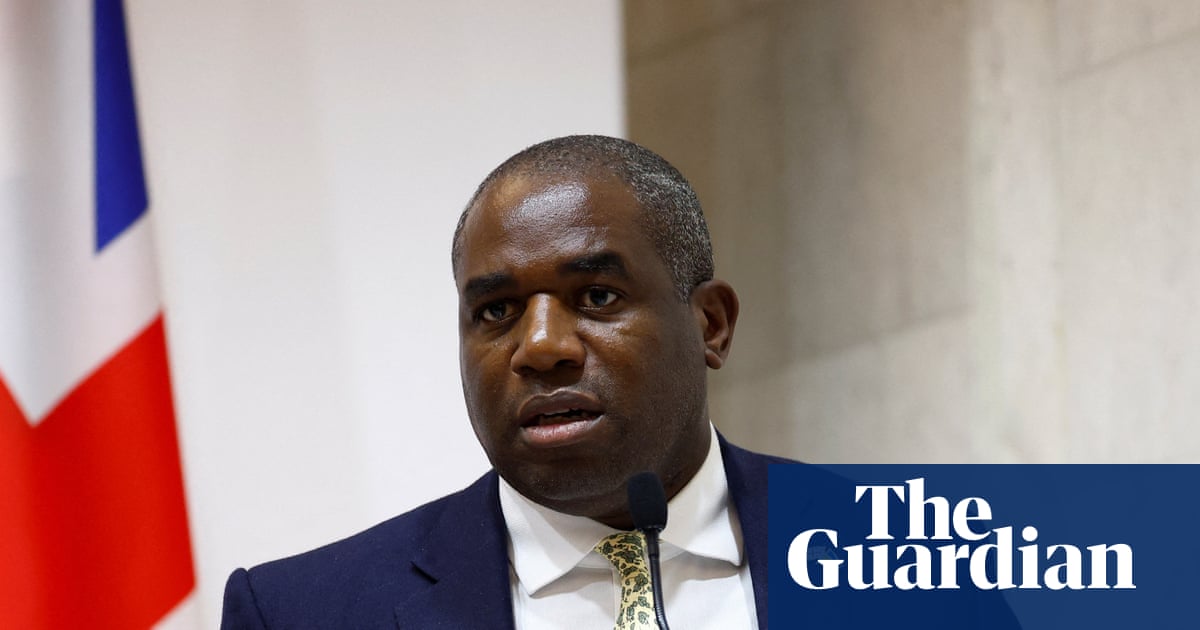T4K3.news
UK sanctions target individuals tied to people-smuggling
The UK government imposes sanctions on 25 suspects linked to people-smuggling and asset seizures.
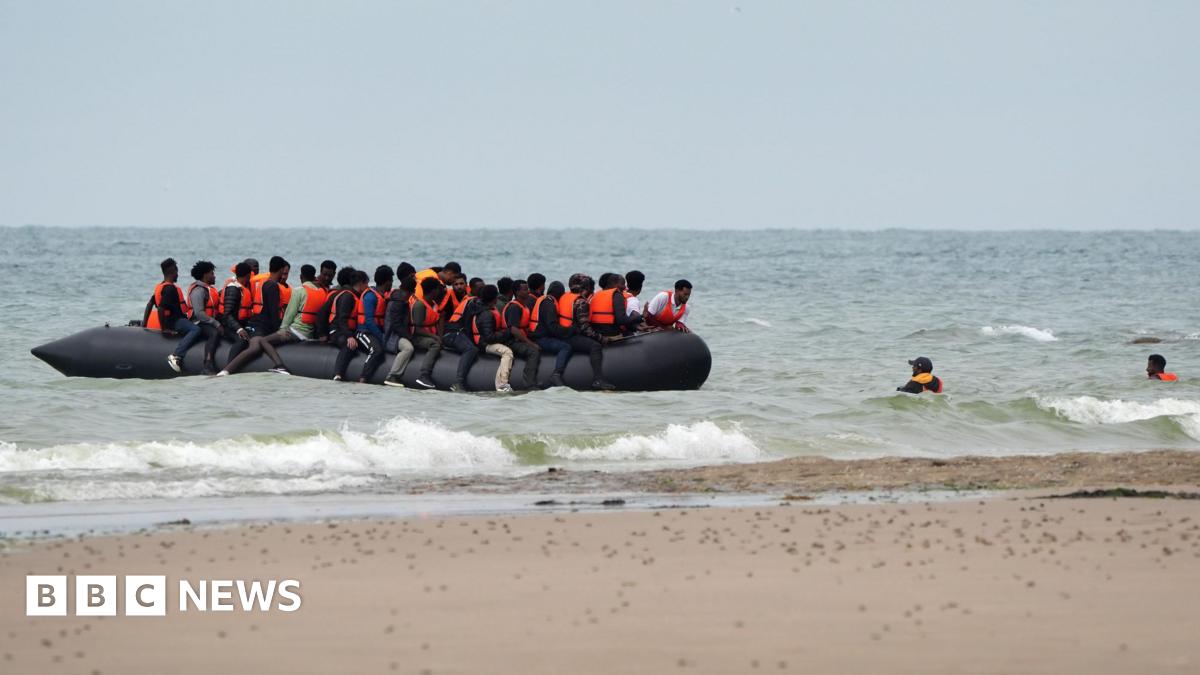
The UK government implements sanctions against suspected criminals involved in people-smuggling.
Gang leaders face sanctions targeting people-smuggling networks
The UK government has imposed sanctions on 25 individuals and groups linked to people-smuggling, allowing investigators to seize assets and requiring British firms to sever financial ties with them. Among the targets is Weihai Yamar Outdoors Product Co, a Chinese manufacturer of inflatable boats used for smuggling. The list includes those involved in creating fake passports and those assisting in illicit payments. Labour's David Lammy emphasized global cooperation to combat these criminals, stating that they will face consequences for their actions. However, experts from Oxford University's Migration Observatory express skepticism, suggesting that these sanctions may only have marginal effects on small boat crossings. Conservative shadow home secretary Chris Philp argues that these measures will not deter smugglers, insisting that stronger immigration enforcement is necessary.
Key Takeaways
"From Europe to Asia we are taking the fight to the people-smugglers who enable irregular migration."
David Lammy highlights the global commitment to combatting people-smuggling.
"I would be surprised if the sanctions were the game changer to end small boat crossings."
Dr. Madeleine Sumption reflects skepticism regarding the effectiveness of sanctions.
"Freezing a few bank accounts in Baghdad will not stop small boat crossings."
Chris Philp critiques the government’s sanctions approach and pushes for stricter immigration control.
"Freezing assets will leave groups unable to interact with the UK economy and disrupt their operations."
Seema Malhotra defends the sanctions by discussing their intended impact.
While the sanctions are a step towards addressing the complex issue of people-smuggling, the effectiveness of such measures remains in doubt. Experts highlight the expansive network involved in this illicit trade. Targeting individual criminals may not significantly disrupt operations that have become deeply entrenched. The comments from both sides of the political aisle reflect a deep-seated frustration over the ongoing issue of small boat crossings. There appears to be a consensus that more robust strategies are needed beyond asset freezes and travel bans to bring about genuine changes.
Highlights
- Sanctions aim to disrupt the financial lifeblood of smuggling networks.
- Targeting individuals may not bring the wide-ranging change needed.
- The battle against human trafficking requires more than freezing assets.
- Smugglers are not deterred by sanctions, call for real enforcement.
Concerns over limited impact of sanctions
The effectiveness of the new sanctions could be undermined by the extensive network of individuals involved in smuggling. Critics argue that without broader immigration enforcement strategies, these measures may not deter smugglers.
As the situation evolves, scrutiny will likely increase on the government’s approach to tackling these complex networks.
Enjoyed this? Let your friends know!
Related News

UK launches sanctions against migrant smuggling networks

UK sanctions people smuggling gang leaders
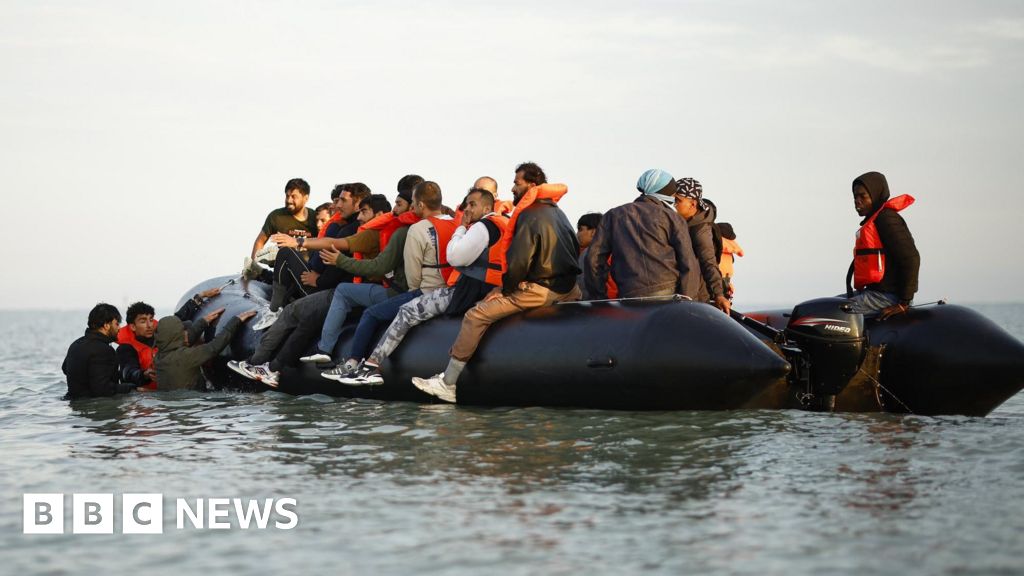
UK announces new sanctions against people-smuggling networks
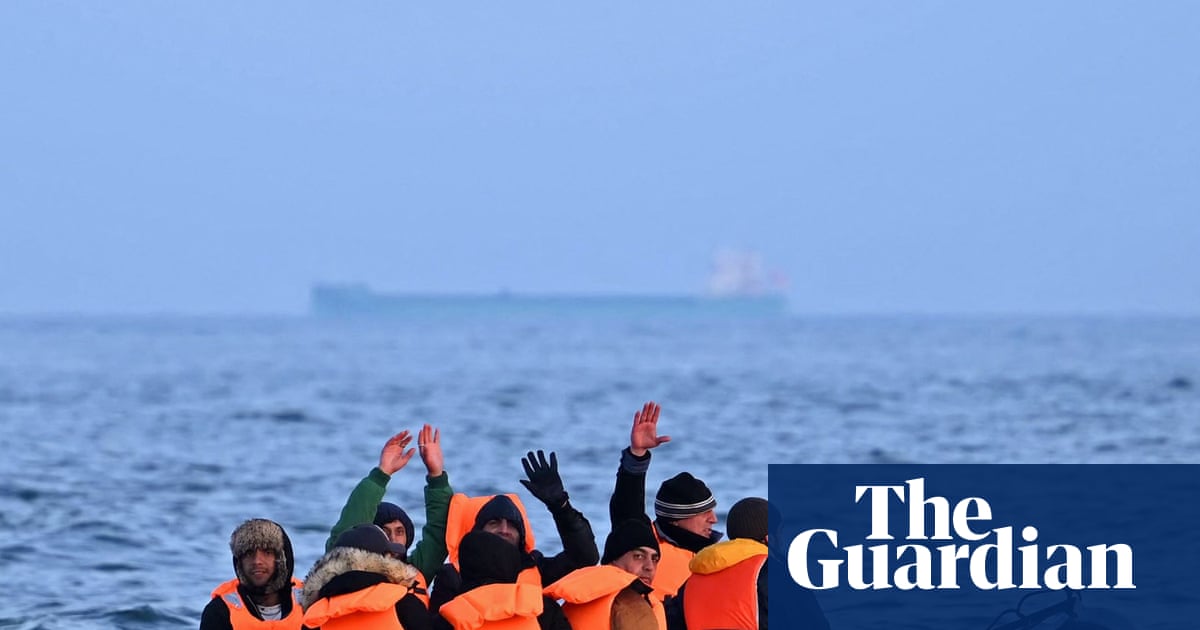
Starmer's sanctions plan announced
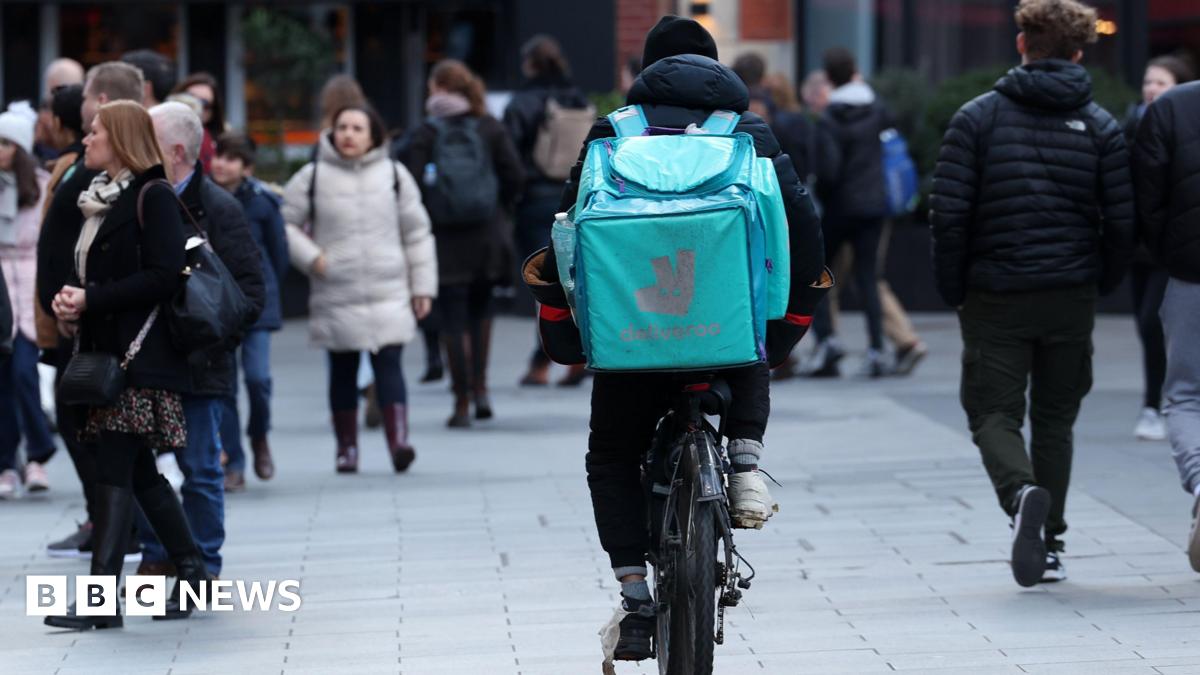
Home Office partners with food delivery services

UK announces sanctions against people-smuggling gangs
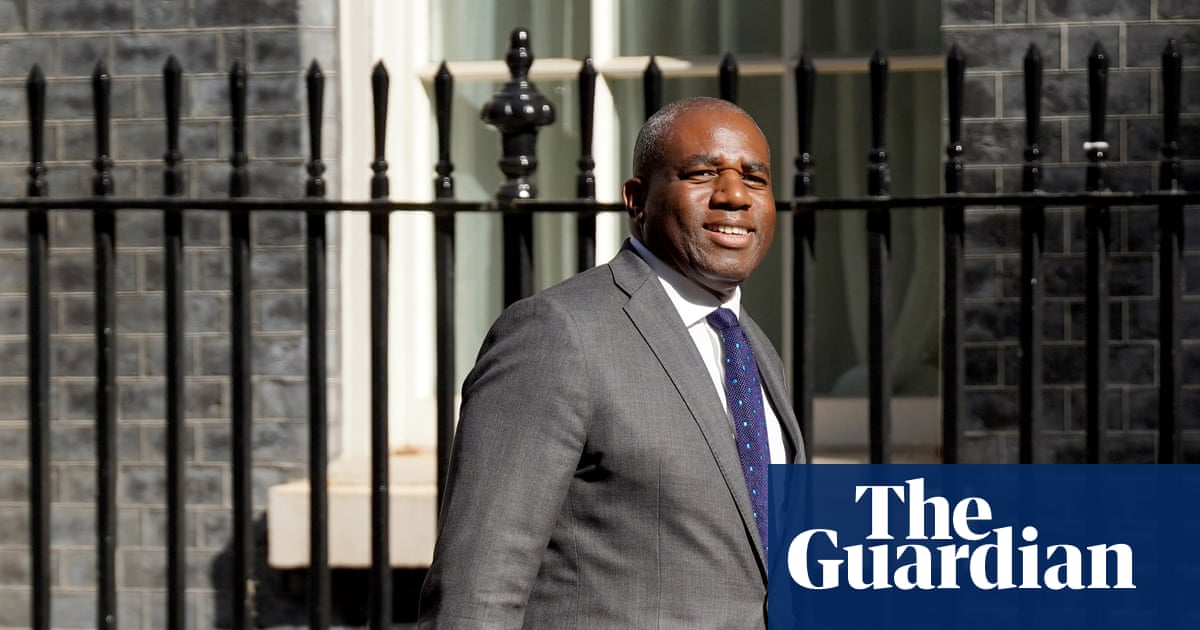
UK sanctions regime targets corrupt border officials
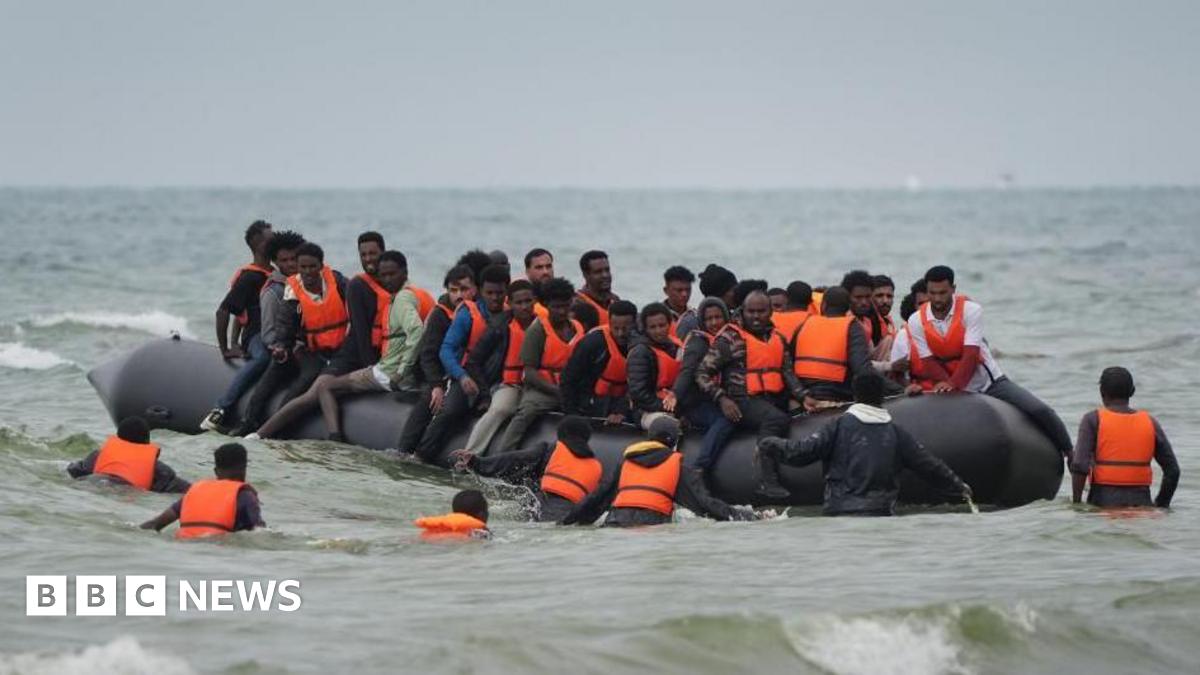
UK introduces new law against online smuggling promotions
